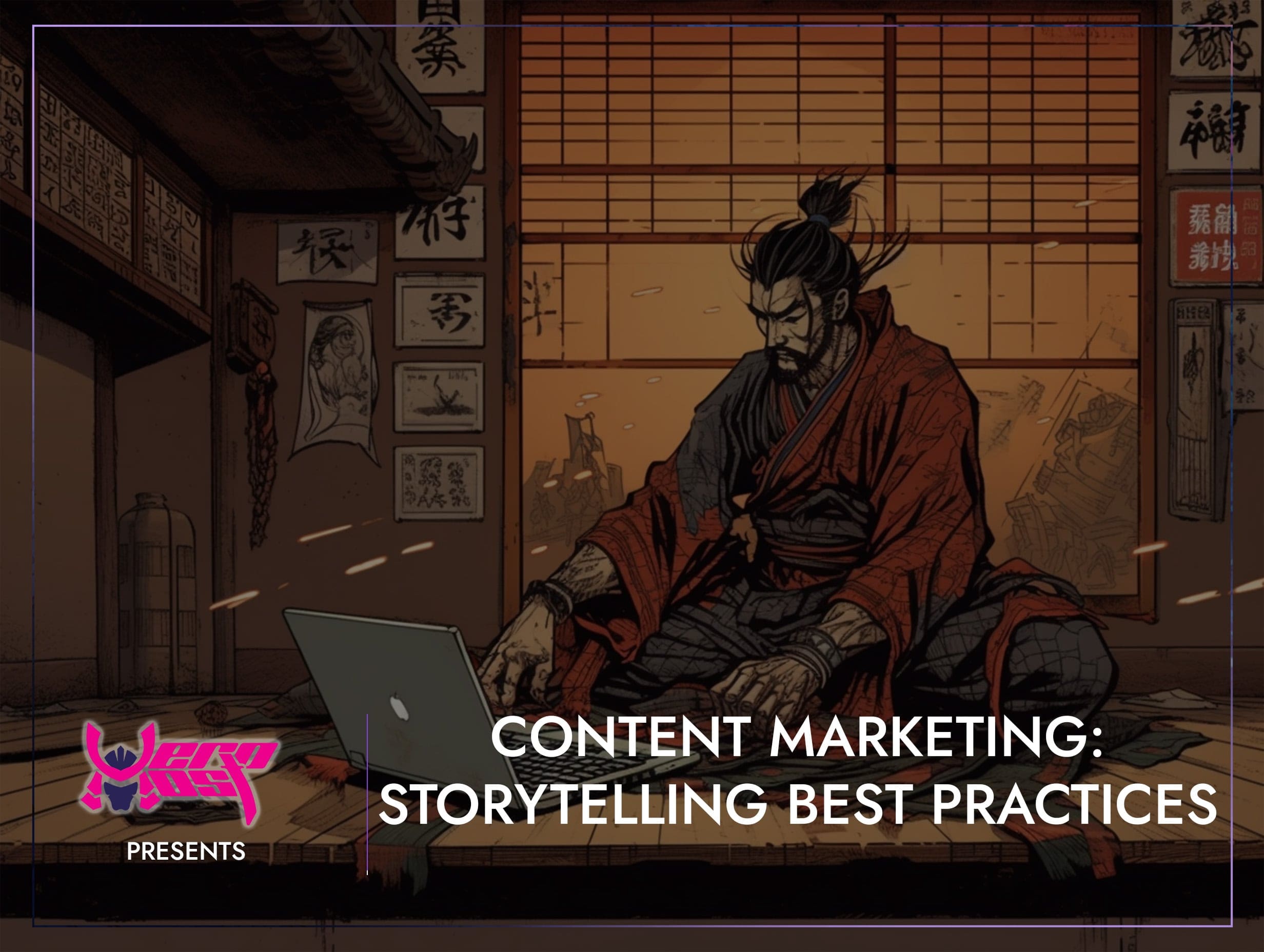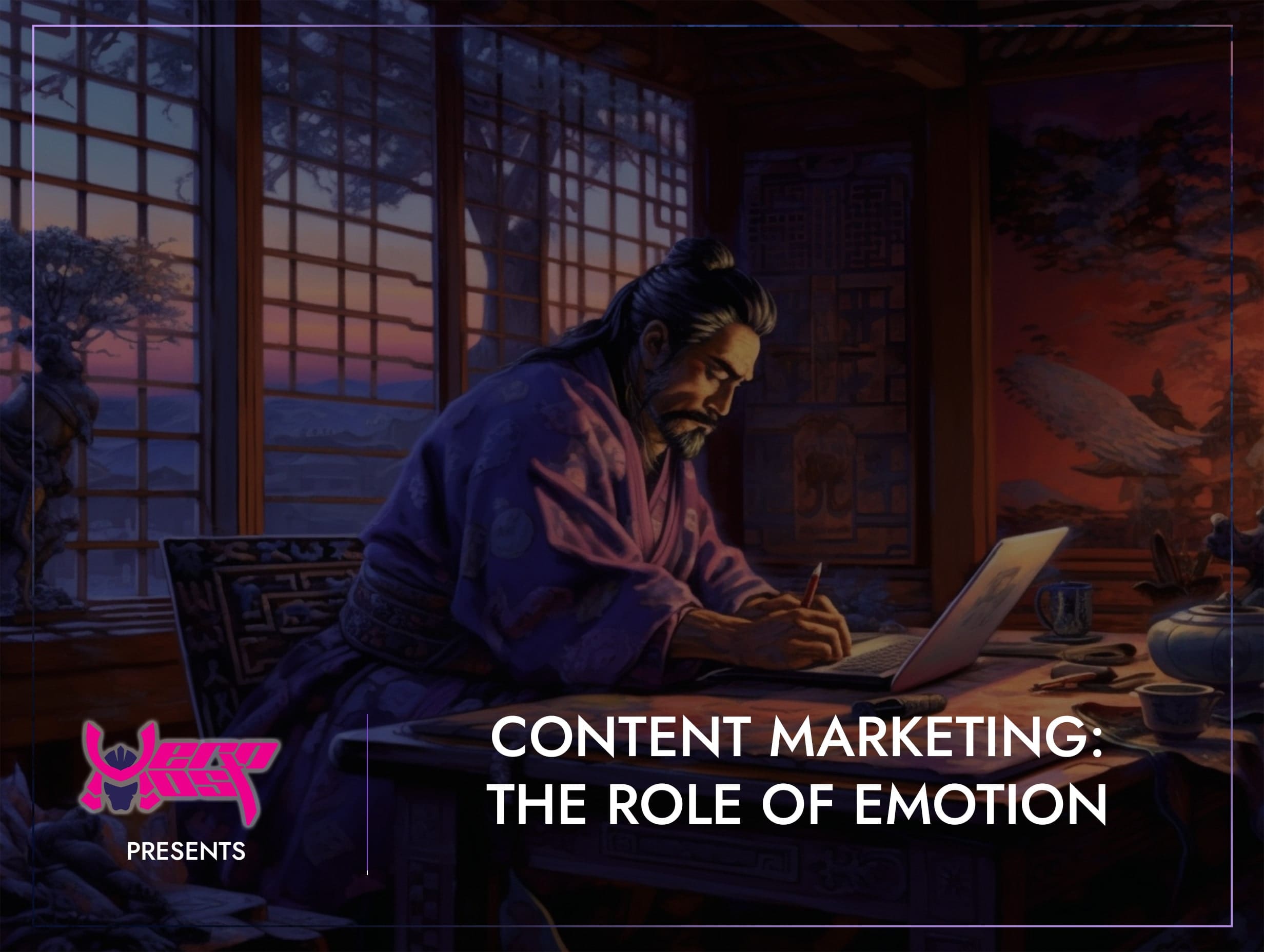What is Content Marketing: It’s Benefits
- Home
- Content Marketing
- What is Content Marketing: It’s Benefits

- Mikey Ryu
- October 30, 2023
- 0
What is Content Marketing: It’s Benefits
What is Content Marketing?
In today’s fast-paced digital world, content marketing has become a cornerstone of successful business strategies. But what exactly is content marketing, and why is it so important? In this blog, we’ll delve into the essence of content marketing and explore the myriad benefits it offers to businesses of all sizes.
Defining Content Marketing
At its core, content marketing is a strategic approach to creating and distributing valuable, relevant, and consistent content to attract and engage a specific target audience. Unlike traditional advertising, which focuses on promoting products or services directly, content marketing aims to provide real value to the audience.
Content marketing isn’t a new concept, but it has evolved significantly with the rise of the internet and digital platforms. Today, it encompasses a wide range of content types, including blog posts, videos, infographics, podcasts, and social media posts, all designed to resonate with the target audience.
The Benefits of Content Marketing
Audience Engagement: One of the primary advantages of content marketing is its ability to engage your audience. When you create valuable content that addresses your audience’s needs, pain points, and interests, you establish a connection that goes beyond a simple transaction. This engagement builds trust and brand loyalty.
Building Authority:
High-quality, consistent content positions your brand as an authority in your industry. When people trust your expertise, they are more likely to turn to you for solutions, products, or services. This authority extends to your entire brand, increasing its perceived value.
Search Engine Optimization (SEO):
Content plays a significant role in SEO. When you create content that addresses specific keywords and topics relevant to your industry, you improve your website’s search engine rankings. Higher rankings mean increased visibility and organic traffic, ultimately leading to more potential customers discovering your business.
Lead Generation:
Content marketing is an effective lead-generation tool. By offering valuable content, such as ebooks, whitepapers, or webinars, you can capture contact information from potential customers interested in your expertise. This valuable exchange of information helps you build a pool of potential leads.
Cost-Effective:
Compared to traditional advertising methods, content marketing is often more cost-effective. It doesn’t require a large budget for paid ads. Instead, it relies on your expertise, creativity, and commitment to creating valuable content.
Evergreen Content:
High-quality content can continue to generate value for your business long after it’s created. Evergreen content, which remains relevant and useful over time, can attract and engage your audience for months or even years, without the need for constant updates.
Global Reach:
In the digital age, content knows no geographical boundaries. Your content can be accessed by a global audience, allowing you to expand your reach and connect with customers around the world.
Types of Content in Content Marketing
Content marketing encompasses a wide range of content types, each suited to different audience preferences and marketing goals. Here are some common content types:
Blog Posts:
Written articles that provide information, insights, and solutions. Blogging is one of the most popular forms of content marketing.
Videos:
Engaging video content can be shared on platforms like YouTube, social media, or your website. It’s an effective way to connect with visual and auditory learners.
Infographics:
Visual representations of data or complex concepts, make information more accessible and shareable.
Ebooks and Whitepapers:
In-depth guides and resources that delve into specific topics, demonstrating your expertise.
Podcasts:
Audio content allows you to reach an audience that prefers to consume content while multitasking.
Social Media Posts:
Short, engaging updates that keep your audience informed and entertained while promoting engagement and interactions.
Email Marketing:
Personalized emails deliver valuable content to your subscribers’ inboxes, keeping your brand in their minds.
Case Studies:
Detailed stories of how your product or service solved a specific problem for a customer, serving as real-world examples of your expertise.
Creating High-Quality Content
Creating high-quality content that resonates with your audience is essential. Here are some key tips:
Understand Your Audience:
Research and understand your target audience. What are their pain points, interests, and preferences? Develop detailed buyer personas to guide your content creation.
Quality Over Quantity:
It’s better to create fewer pieces of high-quality content than to publish a lot of low-quality content. Aim to be the best resource in your niche.
Originality:
While it’s okay to draw inspiration from others, strive to create unique and original content that sets you apart.
Storytelling:
Weaving storytelling into your content helps create a connection with your audience. People remember stories better than facts and figures.
Optimise for SEO:
Research relevant keywords and integrate them naturally into your content. This helps with search engine visibility.
Use Visuals:
Visual elements like images, infographics, and videos can significantly enhance the appeal of your content.
Content Distribution
Creating fantastic content is only half the battle; getting it in front of your audience is the other crucial component. Here’s how to effectively distribute your content:
Website/Blog:
Publish your content on your website or blog to attract organic traffic and provide a hub for your audience.
Social Media:
Share your content across social media platforms where your audience is active. Each platform may require a tailored approach.
Email Marketing:
Send your content to your email subscribers. Use personalized subject lines to increase open rates.
Guest Posting:
Contribute articles to other reputable websites in your niche. This can help you reach a broader audience and build backlinks to your site.
Content Syndication:
Share your content on platforms like Medium or LinkedIn to expand your reach.
Forums and Communities:
Participate in online forums and communities related to your industry. Share your content when it’s relevant and genuinely helpful.
Paid Promotion:
Consider using paid advertising to boost the visibility of your content, especially when you have high-converting pieces.
Measuring Success
To determine the effectiveness of your content marketing strategy, you need to measure its impact. Key performance indicators (KPIs) to consider include:
Website Traffic:
Monitor the number of visitors to your site and the specific pages they visit.
Engagement:
Track metrics like likes, shares, comments, and click-through rates on social media.
Conversion Rate:
Measure how many visitors take desired actions, such as signing up for a newsletter or making a purchase.
Bounce Rate:
Keep an eye on how quickly visitors leave your site without interacting further.
Return on Investment (ROI):
Calculate the return on investment for your content marketing efforts.
Challenges of Content Marketing
While content marketing can be incredibly effective, it’s not without its challenges:
Consistency:
Maintaining a regular publishing schedule can be challenging, but it’s crucial for building an audience.
Competition:
As more businesses adopt content marketing, competition for attention increases. Standing out is vital.
Content Quality:
Creating high-quality, valuable content is time-consuming and requires expertise.
Measuring Success:
Determining the ROI of content marketing efforts can be challenging.
Conclusion
Content marketing is a dynamic and effective strategy for businesses to engage their audience, build authority, and drive growth. By understanding your audience, creating high-quality content, and effectively distributing it, you can harness the power of content to achieve your marketing goals. While challenges exist, the benefits of a well-executed content marketing strategy far outweigh the drawbacks. Stay committed, be consistent, and always prioritize providing value to your audience, and your content marketing efforts will yield significant results.
Search
Categorys
- Branding (12)
- Business Growth Guides (3)
- Business Insights (3)
- Content Marketing (43)
- Domain Authority (19)
- Email Marketing (28)
- Google Analytics & Search Console (5)
- Hack or Not (2)
- Hero Host News (0)
- Inbound Marketing (32)
- Lessons From Asia (40)
- Marketing Guides (11)
- Martial Arts Journey (14)
- Outbound Marketing (8)
- Search Engine Optimisation (SEO) (41)
- Social Media Marketing (38)
- Web Design (20)
- Website Hosting (4)
- Wordpress (2)






